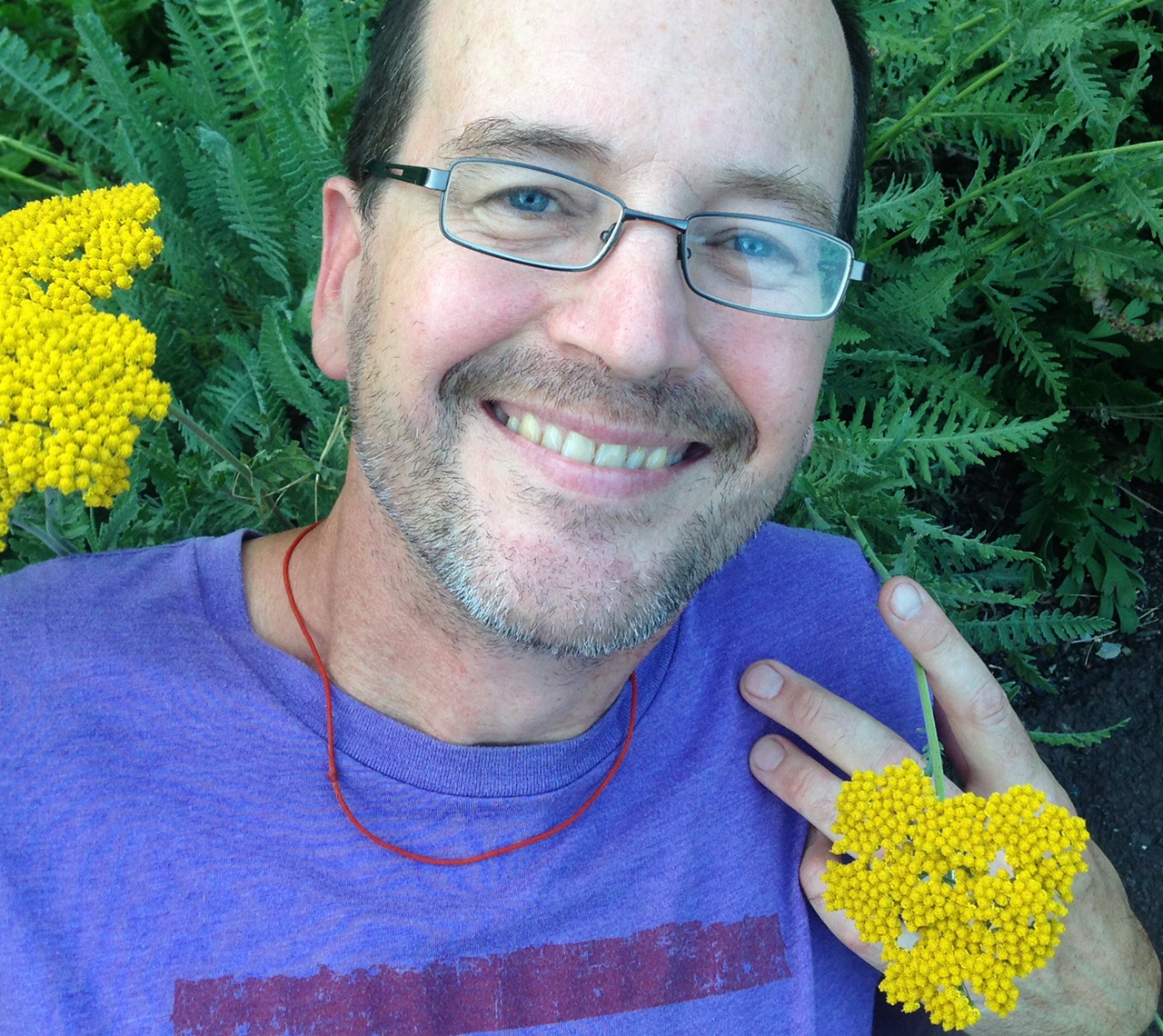17. Listen for dangerous words.
Be alert to the use of the words extremism and terrorism. Be alive to the fatal notions of emergency and exception. Be angry about the treacherous uses of patriotic vocabulary.
-Timothy Snyder, On Tyranny
We Should Be Free of Vermin Attacking Our Children
This title isn’t a provocation so much as a summary of my thesis — each word or phrase in this statement (We Should be Free of Vermin Attacking Our Children) represents a strategy that signals danger.
1. We
I try to be conscious of who is implied when politicians, or fellow citizens, use the word “we.” Is it all humans (universal rights)? All Americans (citizen rights)? Or do they mean all white Americans? All able-bodied Americans? All Americans born in the country (but not actual natives)? Is it all people who think like them?
2. Should
When I was asked to write this essay, the word I instantly thought of was “should.” I have a dear older friend who often asks about my life and then tells me what I “should” do. I bristle when I hear the word and think I would take the advice much more to heart if she avoided the word. But “should” speaks to an implied moral superiority, an authoritarianism disguised as well-meaning advice. It also suggests there is only one solution, and that the speaker can understand your motives, needs and morals better than you do.
3. ‘Be Free’ (to Use Words However We Want)
I certainly agree with Timothy Snyder that words like “extremism” are used to scare people without being clear about what they are pointing to. And I agree with his point, as stated in his prologue, that “Americans today are no wiser than the Europeans who saw democracy yield to fascism.” But unfortunately, Snyder himself reveals that lack of wisdom at times when discussing democracy in the Western world.
First, when he states there are three major “democratic movements” (World War I, World War II, and the fall of communism) in Europe since U.S. independence, he ignores perhaps the most significant one: the fall of tyrannical monarchies throughout Europe starting with the French Revolution, throughout the late 18th and 19th centuries!
More significantly, Snyder conflates “communism” with authoritarianism, which co-existed in the USSR and its satellites, but aren’t inexorably linked. By doing so, he fails to see how Russia, which has had elections since 1922, is still deeply anti-democratic, perhaps as much as the USSR was. Russia and Hungary prove that while the “fall of communism” allowed for capitalism, it didn’t always allow democracy to flourish. To miss this point is to be blinded by U.S. political ideology which has always equated free market capitalism with democracy.
With such conflated ideas, Americans have learned to equate communism/socialism (It was the Soviet Socialist Republic, after all) with tyranny. But these two are not necessarily wedded. While some argue that the Nordic model (Sweden, Norway and Denmark) isn’t really socialism, it is often called democratic socialism and tends to abide by one of Marx’s key tenets: “From to each according to his ability, to each, according to his needs.”
This all leads to me a dangerous use of words to listen for — namely, imprecise and heavily ideological misuses of any word. Take “Freedom,” for example. If someone talks about the freedom for parents to not let their child be exposed to ideas in public schools, they are ignoring the freedom for parents who want their children to have access to those ideas in schools. It takes great rhetorical gymnastics to suggest that book banning is an act of freedom, but people do it — and worse, others buy into it.
4. Of Vermin
Vermin, and such dehumanizing words, of course are red flags. We see this frequently when Trump calls immigrants rapists, criminals, murderers, etc., especially since statistics suggest immigrants work harder than native born Americans and are incarcerated less often. Any type of scapegoating is dangerous, more so when someone reduces the group of humans to animals or worse.
5. Attacking Our Children
One of the classic ways to manipulate listeners is to talk of women and children being hurt. Sometimes, the image is justified, but it’s dangerous when it’s used to speak for children against their will, as in the case of anti-trans legislation, which is billed as protecting our children from mutilation. Even the use of children instead of teens is a rhetorical strategy. Trans teens are rarely surgically altered, and kids are not even put on adolescent blockers until they have entered adolescence. Most of teenage trans therapy simply involves counseling, but such life-saving therapy becomes illegal with many anti-trans bills.
These laws prohibit transgender children, their guardians and their doctors to decide what is best for them — again, causing harm rather than preventing it. Trans youth are often victims of abuse, being disowned, homelessness and suicide. Trans adults (especially trans women) face higher rates of abuse and murder.
The crusade against trans people — youth, especially — is an example of several dangerous rhetoric — the implied “we” who somehow know more about other people’s bodies than they and their doctors do, making victims scapegoats, and distorting language, like “protecting our children.”







